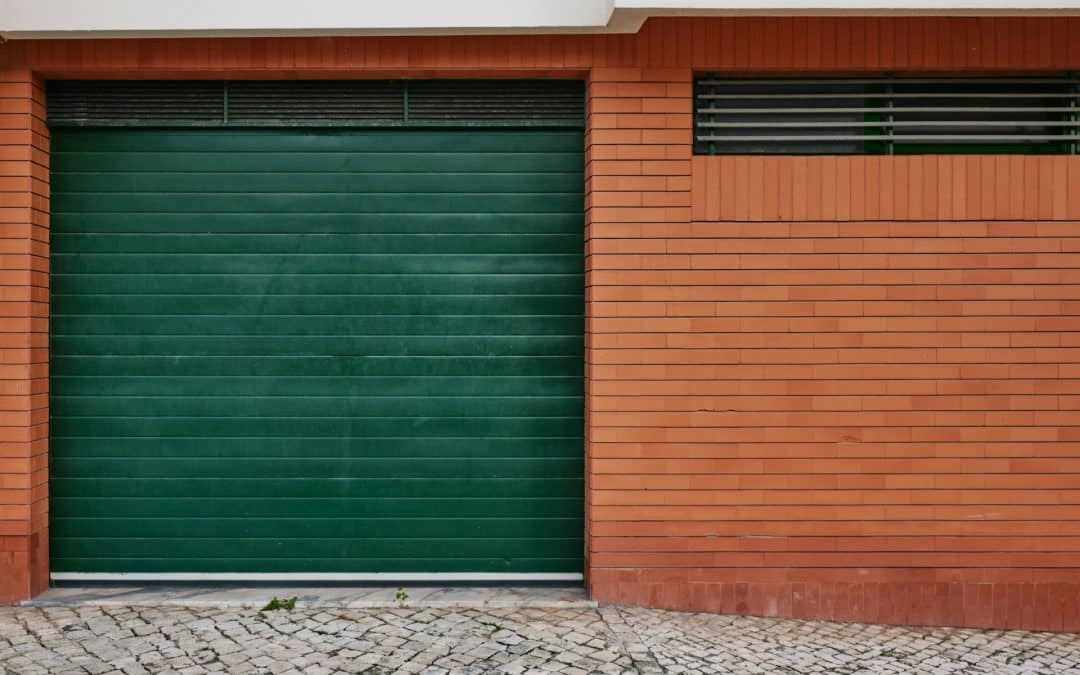Weather can have a big impact on how well your garage door works. With changing weather patterns, it’s more important than ever to understand how different conditions affect your garage door. From freezing cold in winter to scorching heat in summer, each season brings specific challenges that can affect the efficiency and lifespan of your garage door.
When temperatures drop, you might notice your garage door moving more slowly or making unusual noises. Extreme cold can make metal components brittle and more prone to breaking. On the other hand, the heat of summer can cause the door to expand and warp, affecting its smooth operation. Understanding these seasonal impacts helps you take the necessary steps to keep your garage door in good working order.
Humidity and severe weather conditions also play a significant role. High humidity can lead to rust and corrosion, while storms and high winds can compromise the structural integrity of your garage door. Proper maintenance and timely inspections are essential to prepare your garage door for these changing weather conditions. Knowing what to look for and how to protect your door can save you time, money, and stress in the long run.
Impact of Seasonal Temperature Changes on Garage Doors
When it comes to seasonal temperature changes, garage doors can face several challenges. During extreme cold, metal parts like springs and tracks can become brittle, making them more prone to breaking. Cold weather can also cause lubricants to thicken, leading to slower door operation. This means your garage door might take longer to open or close, which can be frustrating and potentially dangerous if the door freezes midway through its cycle.
Extreme heat, on the other hand, can cause your garage door to warp or expand. This expansion can make it difficult for the door to move smoothly along its tracks. Wooden doors, in particular, are more susceptible to warping and swelling due to high temperatures. Heat can also affect the electronic components of your garage door opener, potentially causing malfunctions or short circuits.
To mitigate these issues, consider some seasonal maintenance tips. In winter, regularly check your door for signs of brittleness or cracking and keep the moving parts well-lubricated with a cold-weather lubricant. In the summer, ensure that the door and tracks are clean and free from debris that can exacerbate swelling and warping. Conducting these checks seasonally can help maintain smooth operation and extend the life of your garage door.
How Humidity and Moisture Affect Garage Door Components
Humidity and moisture are significant factors that can negatively impact your garage door’s components. High humidity levels can lead to rust and corrosion on metal parts such as springs, tracks, and hinges. Rust can weaken these components, making them less effective and more prone to breaking. Over time, corroded parts can become a safety hazard, potentially causing the door to fall unexpectedly.
Moisture can also cause swelling and warping, particularly in wooden doors. When wood absorbs moisture, it expands, leading to misalignment and difficulty in opening or closing the door. This can also put additional stress on the door’s motor and other mechanical parts, leading to faster wear and possible malfunctions.
To prevent these issues in humid climates, take some preventative steps. First, regularly inspect your garage door for signs of rust and apply a rust-resistant coating to vulnerable metal parts. For wooden doors, consider applying a waterproof sealant that can help reduce moisture absorption. Ensure that your garage is well-ventilated to minimize humidity levels. Cleaning the door and its components regularly can also help remove any moisture buildup, keeping your door in optimal condition.
Influence of Storms and High Winds on Garage Doors
Storms and high winds can put a significant strain on your garage door, especially during severe weather conditions. One of the main concerns is the wind load and how well your door can handle the pressure. High winds can exert immense force on your garage door, which may cause it to bend, warp, or even break if it is not adequately reinforced. Wind-resistant doors are specially designed to withstand these pressures, helping to protect your home from potential damage.
Another risk during storms is damage from debris. Flying branches, rocks, and other debris can hit your garage door, causing dents, scratches, or even punctures. These damages can weaken the door’s structure, making it less effective at providing security and insulation. Checking your door for damage after a storm and addressing any issues promptly can prevent further complications.
During severe weather, it’s crucial to take safety measures to protect your garage door. Closing the door tightly and securing it with additional locks can enhance its stability. If severe weather is expected, consider reinforcing the door with braces or storm bars. These steps can help maintain the door’s integrity and prevent costly repairs or replacements.
Preparing Your Garage Door for Changing Weather Conditions
To ensure your garage door remains in optimal condition throughout the changing weather, regular inspection and maintenance routines are essential. Conducting monthly inspections can help you spot and address potential issues before they escalate. Check for signs of wear and tear, rust, or damage, and fix these problems immediately. Regular maintenance not only extends the life of your garage door but also ensures it operates safely and efficiently.
Weatherproofing techniques can also help protect your garage door from the elements. Adding weatherstripping along the bottom of the door and around the edges can keep out moisture, dust, and drafts. Installing a proper sealant or coating can prevent rust and corrosion on metal parts. These weatherproofing steps can make your garage door more resilient to extreme weather conditions.
Sometimes, despite your best efforts, you may encounter problems that need professional attention. Knowing when to seek help is crucial. If you notice any issues that you can’t fix yourself, like broken springs or severe warping, it’s best to call a professional. They have the right tools and expertise to handle complex repairs safely.
Conclusion
Weather changes bring various challenges to garage door performance. From extreme temperatures to high humidity and severe storms, your garage door goes through a lot. Regular maintenance, proper inspections, and timely repairs are key to ensuring your door stays in excellent condition. Preparing for different weather conditions not only prolongs the life of your garage door but also keeps your home safe and secure.
If you find yourself facing any garage door problems that need professional attention, don’t wait. Contact us at Garage Door Rescue today for expert assistance. Our team specializes in residential garage door services, from repairing broken springs to dealing with flipped cables and opener issues. Let us help you keep your garage door in perfect working order, no matter the weather.

